The head louse is a small (2.0 to 4.7 mm), wingless insect with a flattened profile. Head lice range in colour from yellowish-white to dark brown and tend to match the colour of the host's hair. Head lice feed on human blood several times a day and live close to the human scalp.
They move about by clinging to the hair with three pairs of claw-like legs. The adult head louse breathes through 7 paired spiracles on the thorax and abdomen.
NITOLIC® liquid treatment spreads quickly and evenly on the scalp, tightly covering lice (o-effect technology®).
By filling the spiracles of lice, it quickly eliminates them.
IOO% efficacy against
all developmental stages
of head lice and eggs
The key characteristic of this medical device for head lice treatment is the quick and even spreading on the scalp and hair provided by 0-effect technology.
The human head louse attaches its eggs (7-10 a day) to the base of the hair close to the scalp (it may lay up to 300 eggs during its life cycle). These eggs (also called nits) look like tiny (ca. 0.8 mm) yellow, tan or brown oval dots and have a special lid on the eggshell, which the young louse lifts when it hatches

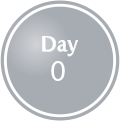
eggs are laid

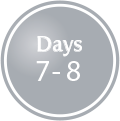
nymphs hatch

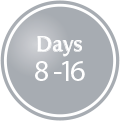
development of the
nymphs (3 stages)
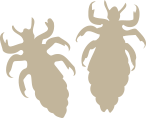
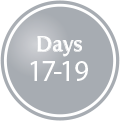
reproduction
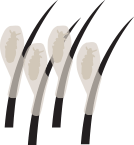
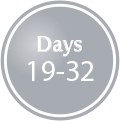
eggs are laid

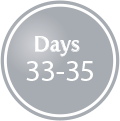
end of natural life